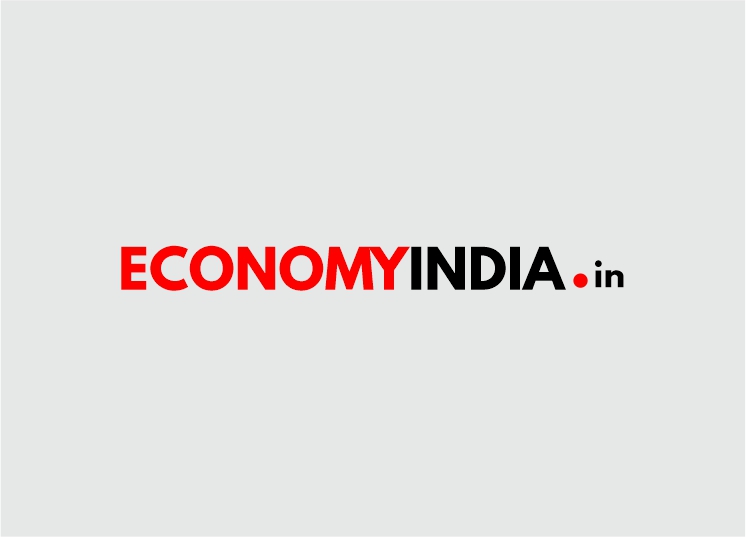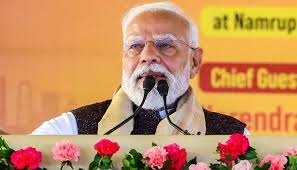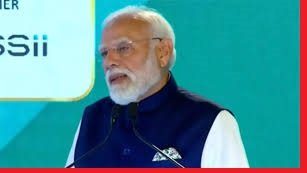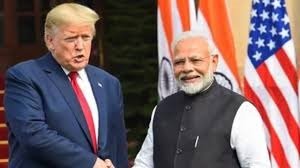According to a report in Economic Times, Finance Minister Nirmala Sitharaman has her task cut on February 1. Adoption of a loose monetary policy by central banks around the world with the aim of supporting economic growth in the pandemic has led to markets hitting record highs. This, along with supply chain bottlenecks, and a supply-demand mismatch has made inflation creep up.
In India, the inflation rate based on the consumer price index is within the tolerance band of the Reserve Bank of India but is edging closer to the upper limit. Price pressure remains and is being reflected in double-digit wholesale price-index-based inflation for nine straight months.
Uphill Task at Hand
Finance Minister Nirmala Sitharaman faces an uphill task of balancing relief expectations in the form of slab revisions contrasted by limited existing fiscal headroom.
While sources have ruled out any major change in tax slabs, ET had reported last week that the Centre is now mulling an increase in the standard deduction limit (currently at Rs 50,000) available to salaried taxpayers and pensioners by 30-35% in the upcoming budget, the report said.
The Centre’s tax revenues have only been on a gradual uptick following the Indian economy’s recovery after the Delta variant-led Covid wave. Q3FY22 GST collections came in at around Rs 3,91,400 crore & saw year-on-year growth of 20% highlighting the recovery in the economy, data from Prabhudas Lilladher shows. GST collections in December were up more than 13% year-on-year.
However, with the emergence of Omicron and the uncertainties surrounding it, experts have opined that the government may not be inclined to tweak the tax slabs. Omicron has also cast a shadow on the Reserve Bank of India’s pivot towards wanting to curb inflation after supporting growth since the pandemic broke out, the report said.
The Monetary Side of Things
While accommodating and supporting growth was the clarion call by the central banks in the initial days of the pandemic, the focus is now shifting towards addressing inflationary pressures.
US Federal Reserve Chair Jerome Powell at his confirmation hearing in January reiterated the Fed’s hawkish stance of normalising policy, ending asset purchases in March 2022 and raising rates over the course of the year. “At some point perhaps later this year we will start to allow the balance sheet to run off, and that’s just the road to normalizing policy,” the report said.
But central banks are now facing the threat of the Omicron variant of coronavirus which has forced countries like India to reimpose certain restrictions which aren’t conducive to a much-desired broad-based growth.
Back home, the Reserve Bank of India Governor Shaktikanta Das in the Minutes of the Monetary Policy Committee Meeting had said that the impact of Omicron on inflation going forward will be two-fold. “First, the increase in restrictions, if any, on activity and commerce to stymie Covid-19 spread could translate to continuing supply chain and logistics disruptions. Second, if the Omicron variant results in the onset of new waves of infection globally, this could derail the ongoing demand recovery,” he said.
“Given these uncertainties, continued policy support is warranted for a durable, broad-based and self-sustaining rebound, especially to nurture revival in sectors which are lagging and to safeguard those which are exposed to the evolving headwinds,” the report said.
Inflationary Pressures
That inflation is on the rise in India is thoroughly uncontested. Retail inflation, i.e., the headline Consumer Price Index (CPI) inflation has largely remained within the mandated tolerance band of 2-6% but is expected to move closer to the upper limit in the coming months. In December 2021, the latest reading, CPI inflation surged to a six-month high of 5.6%. The core CPI inflation reading (ex-food and energy) stabilised to 5.9% in December from a five-month high of 5.9% hit in November.
Data suggests that the spike in CPI inflation since the pandemic broke out, has been largely due to supply-side bottlenecks and rising global commodity prices.
Market research firm Nomura says that the unprecedented expansion in balance sheet by the central banks had a stronger impact on asset prices than on the real economy. They fear that there are upside risks to inflation amid rising inflation expectations, supply disruptions and a tight labor market, which could lead to a faster-than-expected tightening of monetary policy, the report said.
Nomura has now pushed back its expectation for the first repo rate hike from February to April and expects the full 40 bps reverse repo rate hike to take place in February.
The wholesale inflation, i.e., the WPI inflation moderated to 13.6% YoY in December after surging to an all-time high of 14.2% in November, remaining in double-digits for the ninth straight month.
Rising global commodity prices and elevated food and fuel prices continue to remain a worry as they have the potential to hamper and impact purchasing power.
This spike in inflation has prompted a discussion about the need to link inflation with tax deductions and exemptions for the welfare of taxpayers. But for now, all eyes are on North Block as taxpayers burdened by pinching inflation and Covid uncertainties look for some respite. (Economic Times)













